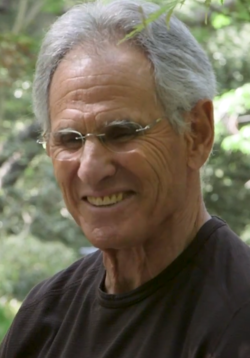Jon Kabat-Zinn Quote
Mindfulness of self: personal moderation to escape mass consumerism Mindfulness of work: the balancing of work and leisure Mindfulness of knowledge: the cultivation of education Mindfulness of others: the exercise of compassion and cooperation Mindfulness of nature: the conservation of the world’s ecosystems Mindfulness of the future: the responsibility to save for the future Mindfulness of politics: the cultivation of public deliberation and shared values for collective action through political institutions Mindfulness of the world: the acceptance of diversity as a path to peace This
Jon Kabat-Zinn
Mindfulness of self: personal moderation to escape mass consumerism Mindfulness of work: the balancing of work and leisure Mindfulness of knowledge: the cultivation of education Mindfulness of others: the exercise of compassion and cooperation Mindfulness of nature: the conservation of the world’s ecosystems Mindfulness of the future: the responsibility to save for the future Mindfulness of politics: the cultivation of public deliberation and shared values for collective action through political institutions Mindfulness of the world: the acceptance of diversity as a path to peace This
Related Quotes
About Jon Kabat-Zinn
Jon Kabat-Zinn (born Jon Kabat, June 5, 1944) is an American professor emeritus of medicine and the creator of the Stress Reduction Clinic and the Center for Mindfulness in Medicine, Health Care, and Society at the University of Massachusetts Medical School. Kabat-Zinn was a student of Zen Buddhist teachers such as Philip Kapleau, Thich Nhat Hanh, and Seung Sahn, and a founding member of Cambridge Zen Center. His practice of hatha yoga, Vipassanā and appreciation of the teachings of Soto Zen and Advaita Vedanta led him to integrate their teachings with scientific findings. He teaches mindfulness, which he says can help people cope with stress, anxiety, pain, and illness. The stress reduction program created by Kabat-Zinn, mindfulness-based stress reduction (MBSR), is offered by medical centers, hospitals, and health maintenance organizations, and is described in his book Full Catastrophe Living.
